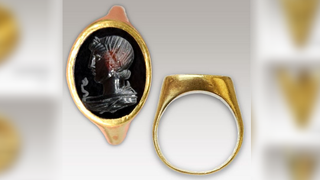Science News: Recent scientific discoveries and expert analysis
Read the latest science news and recent scientific discoveries on Live Science, where we've been reporting on groundbreaking advances for over 20 years. Our expert editors, writers and contributors are ready to guide you through today's most important breakthroughs in science with expert analysis, in-depth explainers and interesting articles, covering everything from space, technology, health, animals, planet Earth, and much more.
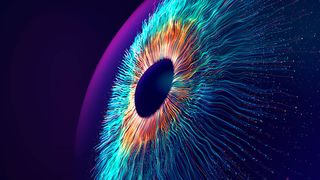
Explainers | Everything you need to know about the science news that matters.
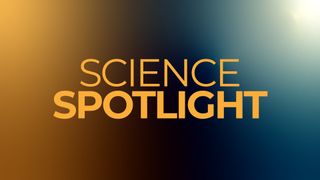
Science Spotlight | Shining a light on new science transforming our world.
Latest news
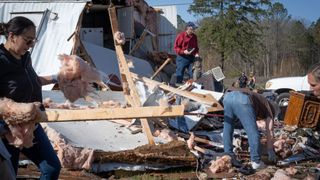
'More people are in harm's way': Tornadoes are shifting east of Tornado Alley, forecasters warn
By Pandora Dewan published
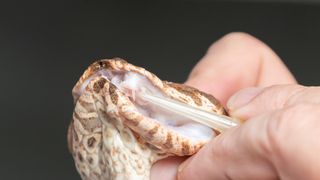
Venomous snake with 3 fangs may be the 'most dangerous death adder in the world'
By Jess Thomson published
A death adder at an Australian wildlife park found to have three extremely rare fangs that all produce deadly neurotoxic venom.
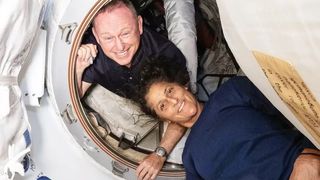
'Stranded' NASA astronauts are finally coming home: Here's when they'll be back on Earth
By Ben Turner published
After spending more than nine months in space, astronauts Butch Wilmore and Suni Williams are finally coming home. NASA is targeting a Tuesday evening (March 18) splashdown for the returning astronauts, if weather conditions remain favorable.
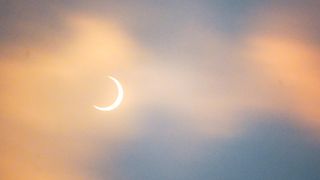
March 29 solar eclipse: Where and when to see the rare sunrise solar eclipse from North America
By Jamie Carter published
A dramatic solar eclipse on March 29 will be the first one visible in North America since April 2024. Here's how to get the best view of the partial eclipse before it ends.
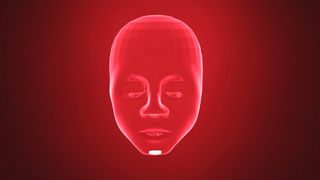
Punishing AI doesn't stop it from lying and cheating — it just makes it hide better, study shows
By Ben Turner published
Scientists at OpenAI have attempted to stop a frontier AI model from cheating and lying by punishing it. But this just taught it to scheme more privately.

Is our universe trapped inside a black hole? This James Webb Space Telescope discovery might blow your mind
By Robert Lea published
"I think that the simplest explanation of the rotating universe is the universe was born in a rotating black hole."
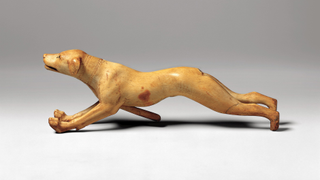
Mechanical Dog: A 'good boy' from ancient Egyptian that has a red tongue and 'barks'
By Kristina Killgrove published
This small, carved dog epitomizes ancient Egyptians' love of pets.
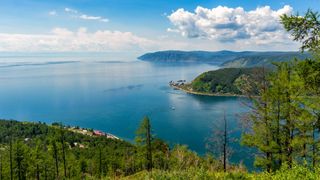
What's the oldest lake on Earth?
By Elana Spivack published
The oldest lake in the world dates back about 25 million years and is also the world's deepest and most biologically diverse lake.
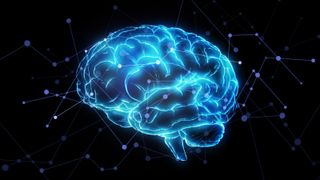
AI analysis of 100 hours of real conversations — and the brain activity underpinning them — reveals how humans understand language
By Anna Demming published
An AI model trained on dozens of hours of real-world conversation accurately predicts human brain activity and shows that features of language structure emerge without being coded in.
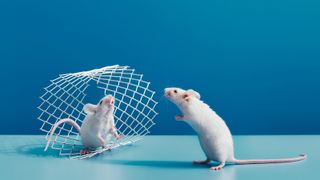
Mice administer 'first-aid' to friends — even trying to bring the dead back to life
By Jess Thomson published
Mice will lick the faces and pull at the tongues of other mice if they're found unconscious, with more vigorous grooming resulting in faster recovery.
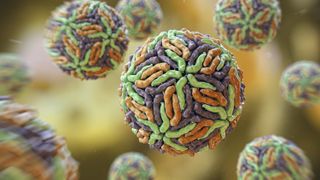
Google's AI 'co-scientist' cracked 10-year superbug problem in just 2 days
By Ben Turner published
Scientists took 10 years to figure out how one type of superbug gains its ability to infect diverse bacterial species. When prompted, Google's new AI "co-scientist" gave them the answer in two days.

Space photo of the week: James Webb telescope's view of the Flame Nebula is a 'quantum leap' forward for astronomers
By Jamie Carter published
Trained on the spectacular Flame Nebula, the Hubble and James Webb Space Telescopes went hunting for the smallest stars in the universe.
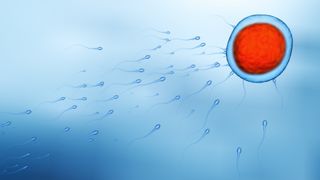
Do sperm really race to the egg?
By Ashley Hamer published
It's commonly thought that sperm "race" to the egg, with the winner fertilizing it. But is this really the case?
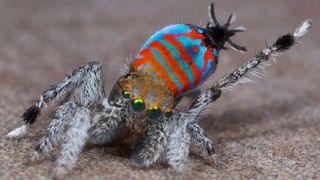
Sparklemuffin peacock spider: The spider with secret iridescent scales that busts a move to win a mate
By Melissa Hobson published
This bedazzled arachnid woos its mate with a sexy thrusting dance.
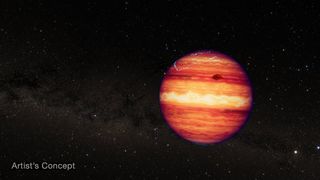
James Webb telescope spots 'rogue' planet with a cake-like atmosphere barrelling through space without a star
By Abha Jain published
The James Webb Space Telescope has spotted a 'rogue' cosmic object barrelling through our galaxy without a star, and covered in clouds of iron and magnesium minerals.

Why is it still so hard to make nuclear weapons?
By Sarah Wells published
Scientists have been building nuclear weapons for more than 80 years, but crafting this technology remains a challenge.
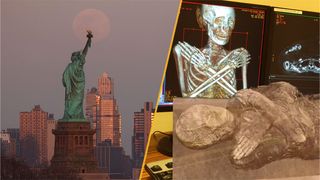
Science news this week: Blood moon and a mysterious mummy
By Alexander McNamara published
March 15, 2025: Our weekly roundup of the latest science in the news, as well as a few fascinating articles to keep you entertained over the weekend.
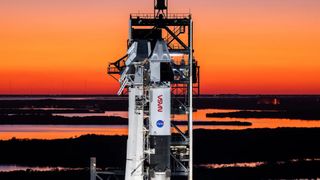
Finally! NASA and SpaceX launch Crew-10 mission to bring 'stranded' ISS astronauts back to Earth
By Ben Turner published
Butch Wilmore and Sunni Williams have spent nine months aboard the International Space Station following the failure of Boeing’s Starliner mission. Their rescue rocket has finally been launched.
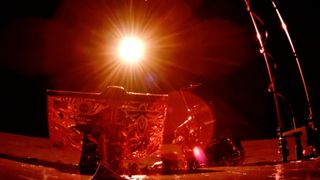
Watch: Spacecraft films 'diamond ring' solar eclipse from the surface of the moon as 'blood moon' looms over Earth
By Brandon Specktor published
While millions of Earthlings watched the "blood moon" total lunar eclipse on March 13-14, the private Blue Ghost spacecraft caught an ultra-rare view of Earth blocking out the sun from the surface of the moon.
Sign up for the Live Science daily newsletter now
Get the world’s most fascinating discoveries delivered straight to your inbox.

